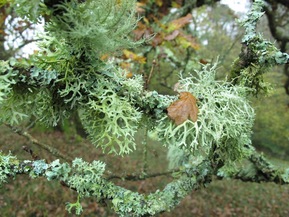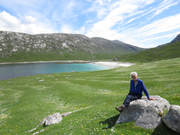The timing was ironic. Two days before, Sir David Attenborough had addressed the BFI and spoken out against the trend for actors and TV personalities to narrate natural history programmes. They need an authoritative tone, not someone ‘ giving a performance,’ said Sir David. And here on Autumn Watch two respected naturalists engaged in hamming it up.
The wildlife sound recordist Chris Watson endorsed Sir David’s comments on actors and wildlife documentary narration. Asked to name names he said he enjoyed David Tennant as Dr Who. The inference was clear. And he dislikes documentaries dominated by music. He’s not alone here.
In May 2015 there was a series that attracted high viewing figures called BBC Four Goes Slow. No music, no voice-over. Chris Watson presented the ‘natural glory’ of the dawn chorus and sunrise. Slow, unhurried, ravishing film.
When I lived near Blaise Woods in Bristol I spent hours looking and listening as young sparrow hawks learned to fly. Four years ago a family of sparrow hawk nested close by and I watched the young birds learning to fly. They sat in the tops of conifers through days of heavy rain and I listened to them calling and watched them through my telescope.
After Autumn Watch, I watched an excellent British Trust for Ornithology identification video on the sparrowhawk- to see if they showed any bird with such glorious plumage. Chris Packham may be right to call his ‘ the best bird on the planet.’
If only we been given the opportunity to see and hear the bird in the manner of BBC Four Goes Slow. All the buffoonery implies the bird alone cannot hold our attention. And few of us will ever see close-ups of such a magnificent bird.


 RSS Feed
RSS Feed